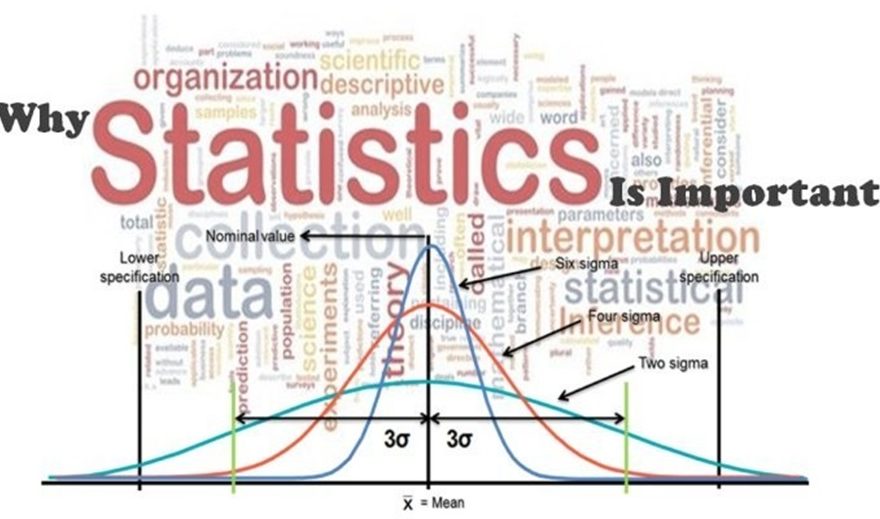
“There is no way to move without statistics” says Sassire Napu, chairperson of Network of Young African Statisticians, known as Takwimu.
Takwimu, meaning “mathematics” in Swahili, is the name of the network of young African statisticians. Takwimu brings together about 520 young statisticians from various African countries.
Indeed like many of the socioeconomic sectors, Africa still has challenges in statistics. This being the fact the continent has not gone desperate to work strenuously to ensure a better future of statistics development as it lays hope on the ever growing expertise of its young statisticians.
At present the contribution of Africa to the global development agenda or the Sustainable Development Goals (SDGs) is not in a very good state in the sense that Africa is lagging. It will not be able to achieve all this by 2030. “We cannot lie. That is the truth will not be able to attain our digits to the global agenda” said Oliver Chinganya, Chief statistician of the UN economic commission for Africa.
According to Chinganya what is now required is to see where countries have made progress in the agenda 20 30 is to see how they can be helped, at least in those areas to make full progress by 2030. He says it’s not good enough for us to be able to achieve the SDGs and the acceleration is required in areas where we are making progress in life.
So the countries that contributing mainly through the support that they receive from developing Partners including the Africa Center for Statistics at ECA. and by giving the technical assistance that they require in those areas and that when they collect that data it begins to inform their own National development plans when they inform the national Development plans indirectly they also informing the SDGs so they’re making that contribution, but we need to do a lot more and the countries themselves should not rely on developing partners for support because all countries including the head of State.
“They say statistics is important but we don’t see them putting money in where they are saying it is important” he noted.
Part of that contribution requires that these people put a little bit more money and to develop the statistics required. When the investor comes, they are looking at the figures you have. “It’s like when you go to the bank, you want to get to a credit from the bank. They are going to look at your status whether you are capable of paying back and how long it’s going to be things like that, it’s the same thing to a country”, he explained.
Putting in place a strong and reliable statistical system can increase the overall credibility ad transparency of the continent or the specific countries’ so that they can engage in economic and financial transactions with donors, lenders or financiers. This means investing on dependable statistics system is like paving the way for further investment or attracting potential and capable investors in the future.
“What the donors want to look at ‘is this person able to pay back this money. So they look at your numbers. How good are you in the production sector? How good are you in these areas and so forth and so forth and they can see weaknesses, they will say this person will not be able to buy what happens. They’ll probably increase the interest rate because they know you cannot pay. So they increase in interest rate goes over a long period of time. So it’s necessary that we produce figures which are credible and put them in public so that people can actually see uh what kind of people you have of your country”, according to Chinganya.
The ECA has created what is called Takwimu, which in Swahili means Mathematics or statistics. We have created a young statisticians program, which is part of the statistical commission. Takwimu is a network of young statisticians across the continent.
At this moment the network has registered over 500 young statisticians across the continent. The purpose for these young statisticians is immense as the young statisticians are the future and they are the ones who can help to transform and modernize the system.
“So we want them to be involved in the statistical development. Their technological savvy, they know more in terms of how they can use artificial intelligence more than we can do, some of us have a traditionally trained” Chinganya reiterated.
The young statisticians can serve not only as mere professionals but also bridge between the existing practitioners of statistical activities and the future which requires hightly skilled and sophisticated in technology.
“So we want them to be injected in that process. But also we want to create a bridge between the statistical Elders. Those that are facing us with these people, the generational Gap has to be filled in so that this Elders can tell them where they came from and what their aspirations are. But also the young people can tell them what they’re thinking about them, but also, what they think about the future” said the Chief Statistician.
“We are opening doors for them to come. You can see some of them. They’ve come for this meeting to network. So they can grow in their career in that and developing in in the areas that they work, but also giving them opportunities to see if they can have a better jobs or better places to go to or things that they can actually do”
TO further enhance the number and expertise of these statisticians, the UNECA is undertaking various actions focusing on education and training of statisticians in the continent.
“For ECA here we are trying to develop projects which will involve young statisticians to be implemented by young statisticians. So there is that career. ECA also we are supporting countries a training of Master’s program in 2 institutions, 1 in Abidjan and 1 in Tanzania. From 2002 to now we’ve had 48 of them have graduated with a Master’s Degree supported by this Africa Center for Statistics working with other partners”
Even though the statisticians that are fully registered are over 500 the actual number is much higher than that. These young statisticians are coming from the national statistical offices, from the Civil Society, from the private sector. According to Chinganya if the number of those currently working in other institutions is included the number could climb in more folds. “Most of them come from the national schools, but if you include those come from Academia, the numbers far, far exceeds that and they are busy recruiting”
BY STAFF REPORTER
The Ethiopian Herald December 22/2024





